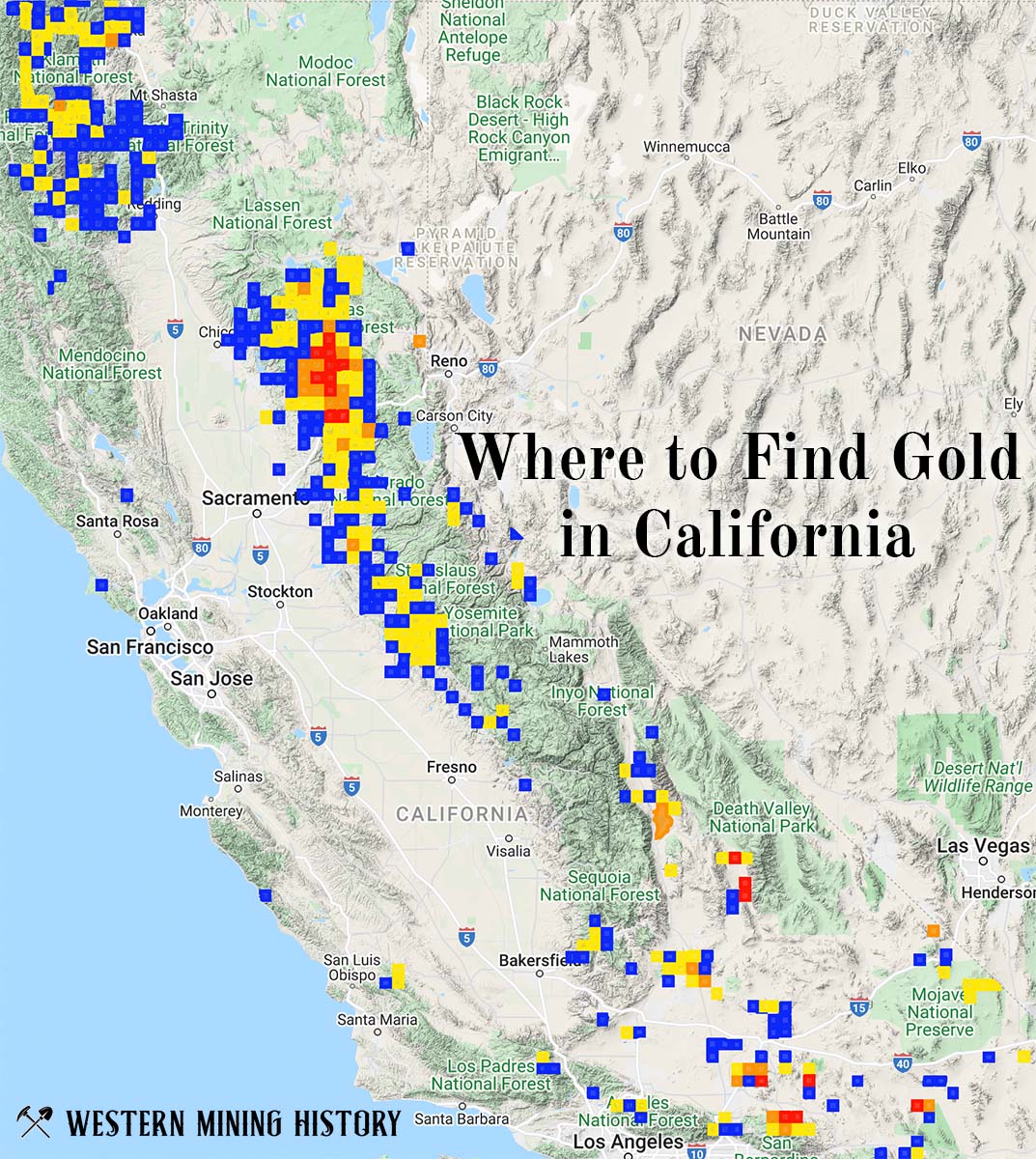The Aho Mine is a manganese mine located in Sonoma county, California.
About the MRDS Data:
All mine locations were obtained from the USGS Mineral Resources Data System. The locations and other information in this database have not been verified for accuracy. It should be assumed that all mines are on private property.
Mine Info
Aho Mine MRDS details
Site Name
Primary: Aho Mine
Secondary: Drum
Commodity
Primary: Manganese
Location
State: California
County: Sonoma
Land Status
Not available
Holdings
Not available
Workings
Not available
Ownership
Not available
Production
Not available
Deposit
Record Type: Site
Operation Category: Producer
Operation Type: Unknown
Years of Production:
Organization:
Significant: N
Deposit Size: M
Physiography
General Physiographic Area: Pacific Mountain System
Physiographic Province: Pacific Border Province
Physiographic Section: California Coast Ranges
Mineral Deposit Model
Not available
Orebody
Not available
Structure
Not available
Alterations
Not available
Rocks
Name: Sandstone
Role: Host
Age Type: Host Rock
Age Young: Late Cretaceous
Name: Sandstone
Role: Host
Age Type: Host Rock Unit
Age Young: Late Cretaceous
Analytical Data
Analytical Data: AVERAGE GRADE 30 TO 35 PERCENT MANGANESE, AND OVER 25 PERCENT SILICA.
Materials
Ore: Rhodochrosite
Comments
Comment (Location): LOCATED IN NW 1/4 SW 1/4 SECTION 15 , AND SE 1/4 SECTION 16
Comment (Geology): ORE HOSTED IN FRANCISCAN COMPLEX-L. TO L. ; GEOL.DESC: 3 SEPARATE ORE BODIES; 2 ENCLOSED IN THIN BEDDED TO MASSIVE RED CHERT, ONE IN A FAULT ZONE BETWEEN CHERT AND SANDSTONE MASS TO THE N. UPPER BODY IS 35 FT. LONG, 10 FT. THICK, STRIKES N. 65 E., AND DIPS 30 TO 40 N. SECOND ORE BODY HAS SAME GENERAL ATTITUDE, IS LENTICULAR, AND LIES 20 FT BELOW THE UPPER BODY. THIRD ORE BODY IS 50 FT. LONG, 1 TO 3 FT. THICK, AND DIPS 55 S., AND IS THE STRATIGRAPHICALLY LOWEST BODY. ALL BODIES HAVE UNDERGONE FAULTING. PRIMARY ORE IS LARGELY SILICATES, PROBABLY NEOTOCITE. SOME RHODOCHROSITE AND BROWN CARBONATE ARE PRESENT. CALCITE VEINS FILL FRACTURES.
References
Reference (Deposit): D.O.M. BULL. 152 1950 PP. 280 - 282
Reference (Deposit): D.O.M. BULL. 125 1943 P. 186
California Gold

"Where to Find Gold in California" looks at the density of modern placer mining claims along with historical gold mining locations and mining district descriptions to determine areas of high gold discovery potential in California. Read more: Where to Find Gold in California.